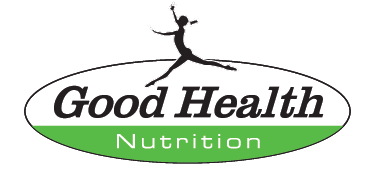
Having a balanced nutrition routine is a form of self-love and self-respect. Most of the successful women around the world maintain a healthy lifestyle and follow nutrition guidelines. When you fuel your body with the right food, you will not only look, you will feel good! In feeling good, your perspective of life differs, your decisions differ, your productivity differs, everything differs in a positive manner. Not only you will have a positive energy, you will always present disease and improve your overall health.
When you maintain a healthy eating routine, you are not counting calories and you’re not weighing yourself on a daily basis, you are enjoying the food you are eating cause it fuels you! You are not restricting your or starving yourself, you are having ice-cream when you want to and you’re listening to your body as you’re establishing a lifestyle based on balance not restriction. This kind of lifestyle is the one that is sustainable, is the one you will enjoy.
Healthy eating is eating from all different food groups with the right portion. You must fill your plate with all food groups (if you don’t suffer from any intolerances) fruits, vegetables, grains, dairy, protein and good carbs. You must make sure you are getting the right vitamins and minerals for your body as well. Girls in the teenage years (9-18) must make sure they’re getting the adequate calcium and Vitamin D that need to build strong bones and prevent osteoporosis. From ages 14 to 18, more iron is needed in the body. Starting of the 18 years, women must acknowledge that they need more calories at this stage as they are in a phase of body development. When age 25 is reached, this is when the resting metabolism decreases. Before and during pregnancy, more nutrients such as protein, calcium, iron and folic acid are needed to support the development of the baby. Drinking more water while breastfeeding is a must to avoid dehydration.
Essential Nutrients for Women
- Omega 3 Fatty Acids
Sources: Flaxseeds, pecans, salmon, walnuts, leafy greens, kidney beans, olive oil, canola oil and soybean
- Iron
Sources: Spinach, quinoa, spirulina, cashews, beans, fish, egg yolks, red meat, chicken, lentils
- Calcium
Sources: Milk, yogurt, oranges, broccoli, kale, almonds, white beans, dried figs,
- Phytoestrogens
Sources: Oats, bran, barley, lentils, sesame seeds, soybeans, apples, carrots, and wheat germ
- Vitamin D
Sources: Salmon, cod liver oil, tuna, eggs, milk, caviar, mushrooms and sunlight



